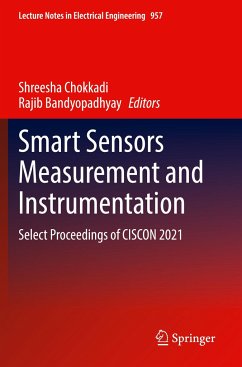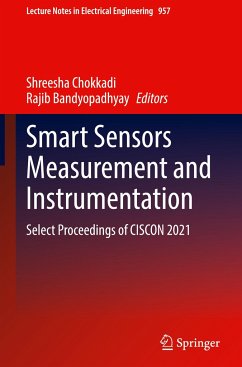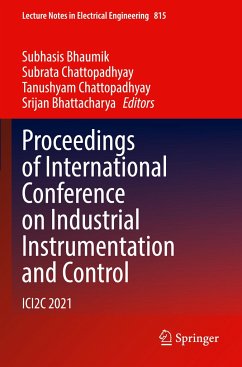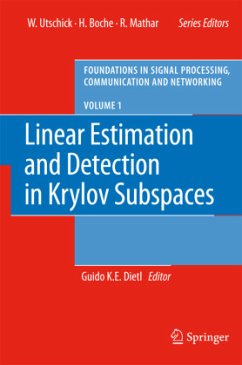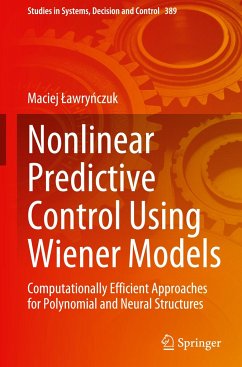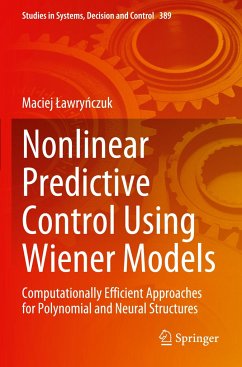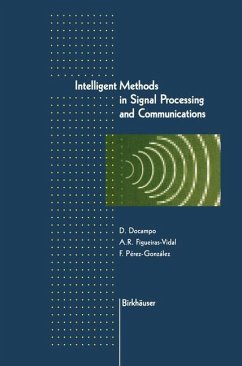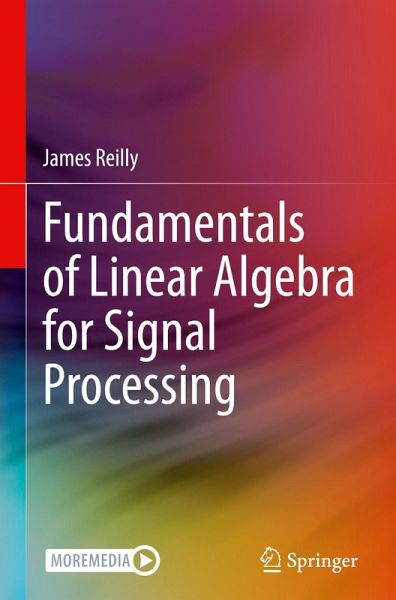
Fundamentals of Linear Algebra for Signal Processing

PAYBACK Punkte
41 °P sammeln!
Signal processing is ubiquitous in many fields of science and engineering. This textbook is tailored specifically for graduate students and presents linear algebra, which is requisite knowledge in these fields, in a form explicitly targeted to signal processing and related disciplines. Written by an experienced author with over 35 years of expertise in signal processing research and teaching, this book provides the necessary foundation in a focused and accessible manner, offering a practical approach to linear algebra without sacrificing rigor. Emphasis is placed on a deeper conceptualization ...
Signal processing is ubiquitous in many fields of science and engineering. This textbook is tailored specifically for graduate students and presents linear algebra, which is requisite knowledge in these fields, in a form explicitly targeted to signal processing and related disciplines. Written by an experienced author with over 35 years of expertise in signal processing research and teaching, this book provides the necessary foundation in a focused and accessible manner, offering a practical approach to linear algebra without sacrificing rigor. Emphasis is placed on a deeper conceptualization of material specific to signal processing so students may more readily adapt this knowledge to actual problems in the field. Since other emerging areas, such as machine learning, are closely related to signal processing, the book also provides the necessary background in this discipline. The book includes many examples and problems relevant to signal processing, offering explanations andinsights that are difficult to find elsewhere.
Fundamentals of Linear Algebra for Signal Processing will allow students to master the essential knowledge of linear algebra for signal processing. It is also an essential guide for researchers and practitioners in biomedical, electrical, chemical engineering, and related disciplines.
Fundamentals of Linear Algebra for Signal Processing will allow students to master the essential knowledge of linear algebra for signal processing. It is also an essential guide for researchers and practitioners in biomedical, electrical, chemical engineering, and related disciplines.






